Masjid bilal Introduce
Assalamu Alaikum, dear brothers, sisters, and esteemed members of our community in Khyber Pakhtunkhwa! As a professional content writer focused on highlighting local assets, I'm delighted to bring your attention to Masjid Bilal in Kalakhela Kalay. While the term "university" might typically bring to mind large academic institutions with extensive degree programs, it's essential to recognize that in our local context, community centers and religious institutions often serve as vital hubs for learning, moral development, and social cohesion. Masjid Bilal, as a revered place of worship, often extends its services beyond just prayers, potentially offering various forms of education and community support that are invaluable for our local populace.
In Khyber Pakhtunkhwa, a mosque (masjid) is much more than just a place for congregational prayers. Historically and culturally, mosques have been centers of learning, community gathering, and social welfare. They play a crucial role in imparting religious knowledge, promoting moral values, and often serving as platforms for informal education, particularly for children and adults seeking to deepen their understanding of Islam and the Holy Quran. While Masjid Bilal may not be a conventional university offering formal degrees, its consistent "A1" ratings from community members suggest a high level of satisfaction with the services it provides, which can very well include educational components vital for local spiritual and intellectual growth.
This article aims to shed light on Masjid Bilal, not just as a prayer facility, but as a potential center for religious learning and community engagement, viewed from the perspective of a local user. We will explore its location, the services it offers (or is likely to offer), its community highlights, and how it contributes to the fabric of Kalakhela Kalay.
Masjid Bilal is conveniently situated at HC3C+WC, Kalakhela Kalay, Pakistan. Its location within Kalakhela Kalay means it is deeply embedded in the local community, making it highly accessible for residents. For families in Khyber Pakhtunkhwa, particularly in smaller towns and villages, having a mosque within easy walking distance is a significant convenience. This proximity ensures that community members, including children and the elderly, can regularly attend prayers, participate in religious gatherings, and access any educational or social services the masjid might offer without significant travel burdens.
Being a central point in Kalakhela Kalay, Masjid Bilal serves as a natural meeting place, fostering a strong sense of community and collective identity. Its ease of access encourages greater participation in religious activities and community initiatives, strengthening social bonds among the local population. The embeddedness of the masjid in Kalakhela Kalay also means it is a familiar and trusted institution, reflecting the values and traditions of the local area.
While a mosque's primary function is to facilitate the five daily prayers and congregational Friday prayers (Jumu'ah), many mosques, including those in our region, extend their services to encompass a broader range of religious and community-focused activities. Based on the common practices of mosques in Khyber Pakhtunkhwa, Masjid Bilal is likely to offer the following services:
-
Five Daily Prayers (Salat): This is the core service, providing a dedicated space for congregational prayers throughout the day.
-
Friday Congregational Prayers (Jumu'ah): A central weekly gathering with a sermon (khutbah) that often addresses contemporary issues and provides moral guidance.
-
Quranic Education: Many local mosques offer classes for children and adults to learn to recite the Holy Quran, understand its meanings (Tafsir), and memorize parts of it (Hifz).
-
Basic Islamic Teachings (Dars): Regular lessons (dars) on Hadith, Fiqh (Islamic jurisprudence), Seerah (life of Prophet Muhammad PBUH), and other fundamental aspects of Islamic knowledge are common.
-
Religious Guidance: Imams and religious scholars associated with the mosque often provide counseling and guidance on personal, family, and community matters from an Islamic perspective.
-
Nikkah Services: Many mosques facilitate the solemnization of marriages (Nikkah), serving as a community hub for important life events.
-
Funeral Prayers (Janazah): The mosque typically serves as a location for congregating for funeral prayers and offering support to bereaved families.
-
Community Gatherings and Events: Mosques frequently host various community events, lectures, and celebrations, particularly during Islamic holidays like Eid, Ramadan, and Milad-un-Nabi.
-
Ramadan Activities: During the holy month of Ramadan, mosques are especially active, offering Taraweeh prayers, Iftar gatherings, and special sermons.
Masjid Bilal, as evidenced by its "A1" reviews, likely possesses several highlights that resonate deeply with the local community in Kalakhela Kalay and contribute to its positive standing. These features often define the role and impact of a mosque beyond its foundational religious duties:
-
Central Community Hub: The most significant highlight of Masjid Bilal is its role as a central community hub. It serves not only as a place of worship but also as a focal point for social interaction, community decision-making, and collective welfare. The "A1" ratings from customers strongly suggest its positive impact on the community.
-
Source of Religious and Moral Education: For many, the mosque is the primary source of religious and moral education. Through Quranic classes, Dars, and sermons, it instills Islamic values, ethics, and knowledge in children and adults, playing a crucial role in character building and spiritual development.
-
Spiritual Tranquility: A well-maintained and spiritually vibrant mosque offers a serene environment for worship and contemplation. The positive reviews might also reflect the sense of peace and spiritual satisfaction that visitors experience.
-
Community Harmony: Mosques often serve as catalysts for fostering unity and harmony within the community. They bring people from diverse backgrounds together for a common purpose, strengthening social cohesion and mutual respect.
-
Accessibility: Its location in Kalakhela Kalay ensures it is easily accessible to all local residents, a key feature for a community institution.
-
Local Leadership: The Imam and mosque committee often provide local leadership, guidance, and support, addressing community concerns and initiating welfare activities.
-
Preservation of Cultural and Religious Identity: In our region, mosques are vital in preserving and promoting Islamic culture and traditions, passing them on to younger generations.
As a mosque, Masjid Bilal operates as a non-commercial entity dedicated to religious and community services, primarily supported by community donations (sadaqah) and voluntary contributions. Therefore, it does not offer "promotions" or "special offers" in the traditional business sense. However, its "offers" are intrinsically tied to its benevolent and community-serving nature:
-
Free Access to Religious Services: All prayers, sermons, and general religious guidance are provided free of charge to the community.
-
Free Islamic Education: Many mosques offer free or highly subsidized Quranic and Islamic studies classes for children and adults, making religious education accessible to all, regardless of their financial status. This is a significant "offer" for families seeking to instill Islamic values in their children.
-
Community Support and Welfare: Mosques often facilitate charity distribution, provide assistance to the needy, and act as centers for collecting and distributing Zakat and Sadaqah. This forms a vital social safety net for the local community.
-
Spiritual and Moral Enrichment: The continuous "offer" is the opportunity for spiritual growth, moral upliftment, and community bonding, which are invaluable for individual and collective well-being.
Individuals interested in participating in any specific educational programs or seeking assistance should directly inquire with the mosque's administration or local elders for details on available services and opportunities.
For inquiries regarding prayer times, religious classes, community events, or any other services, you can visit Masjid Bilal directly at its location:
Address: HC3C+WC, Kalakhela Kalay, Pakistan
While a specific phone number for Masjid Bilal is not provided in the public information, communication with local mosques is typically facilitated through direct visits, word-of-mouth within the community, or through community leaders and the Imam.
Masjid Bilal in Kalakhela Kalay, Khyber Pakhtunkhwa, is profoundly suitable for locals, serving as a cornerstone of both their spiritual lives and community cohesion. Its importance extends far beyond being merely a place of worship, embodying the traditional role of a mosque as a multifaceted community hub.
Firstly, its prime location within Kalakhela Kalay ensures that it is easily accessible to all residents. This convenience is crucial for regular attendance at daily prayers, especially for the elderly and children, and for participation in the various religious and social activities that the mosque likely hosts. This embeddedness within the local fabric fosters a strong sense of belonging and community ownership.
Secondly, while not a "university" in the conventional sense, Masjid Bilal undoubtedly plays a significant educational role. As is common with mosques in our region, it very likely provides free or highly subsidized Quranic education and basic Islamic teachings. For parents in Kalakhela Kalay, this is an invaluable resource for instilling religious values, moral discipline, and foundational Islamic knowledge in their children, serving as a complementary and often primary source of spiritual education. The "A1" customer reviews strongly suggest a highly positive and valued contribution to the community.
Furthermore, Masjid Bilal acts as a vital social and welfare center. It brings community members together, strengthens social bonds, facilitates charitable activities, and provides a platform for addressing local issues from an Islamic perspective. In essence, it helps knit the community together, fostering unity and mutual support. For locals, this means having a trusted institution at the heart of their lives, providing spiritual guidance, educational opportunities, and a sense of collective identity. Masjid Bilal is therefore not just a building, but a living, breathing institution that enriches the lives of the people of Kalakhela Kalay, making it an indispensable part of their local landscape.
Masjid bilal Photos
Masjid bilal Location
Masjid bilal
HC3C+WC, Kalakhela Kalay, Pakistan
-
Masjid bilal
HC3C+WC
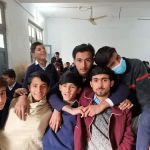 Elum miangan
Elum miangan
H9CM+798
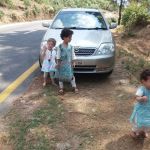 Nu-Tronix Computer Media
Nu-Tronix Computer Media
HFV2+CPW
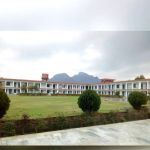 Govt Girls Degree College Daggar Buner
Govt Girls Degree College Daggar Buner
GC2R+WQ9
 Premier College of Nursing and Allied Health Sciences
Premier College of Nursing and Allied Health Sciences
Buner Pirbaba
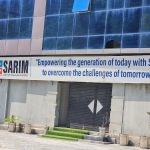 Sarim Nursing College & Institute of Allied Health Science
Sarim Nursing College & Institute of Allied Health Science
GF24+H7P
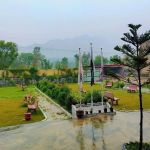 Buner college of nursing and health Sciences
Buner college of nursing and health Sciences
G952+6V6
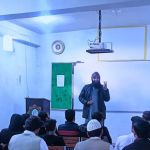 The Imperial College of Buner
The Imperial College of Buner
FFPC+P5F
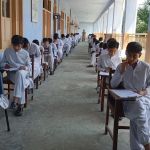 Iqra School and college Daggar Swari Buner
Iqra School and college Daggar Swari Buner
FCC2+6V2 Iqra school and college
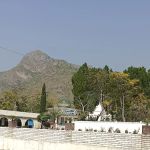 Shalbandi Baba ji darbar
Shalbandi Baba ji darbar
GG57+RXR
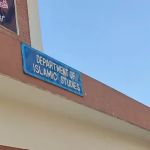 Deptt Of Pak.Study
Deptt Of Pak.Study
FFHP+X8Q
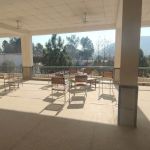 Deptt Of English
Deptt Of English
Govt Degree college
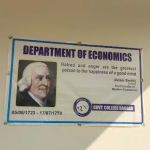 Deptt Of Economics
Deptt Of Economics
FFJP+2H4
Masjid bilal Reviews
-
A1
Jan 19, 2023 · Asghar Khan -
A1
Jan 19, 2023 · Asghar Khan - Apr 15, 2025 · YASAR AFGHAN
- Apr 15, 2025 · YASAR AFGHAN
More University
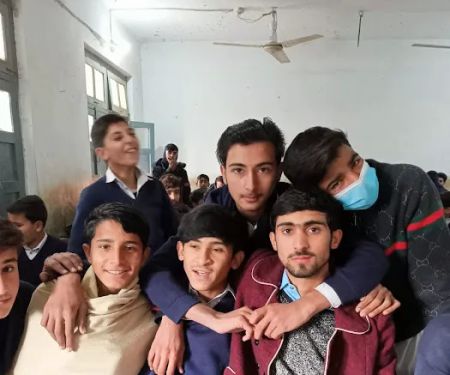 Elum miangan
0.0 (0 reviews)
Elum miangan
0.0 (0 reviews)
H9CM+798, Char, Pakistan
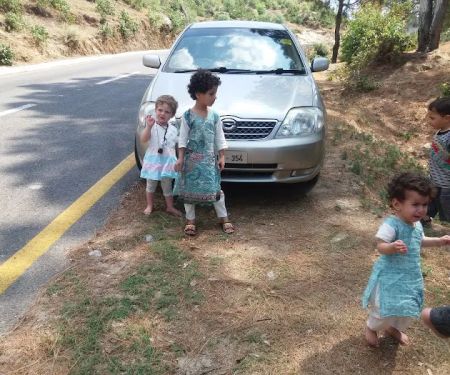 Nu-Tronix Computer Media
5.0 (1 reviews)
Nu-Tronix Computer Media
5.0 (1 reviews)
HFV2+CPW, Pacha Kalay, Pakistan
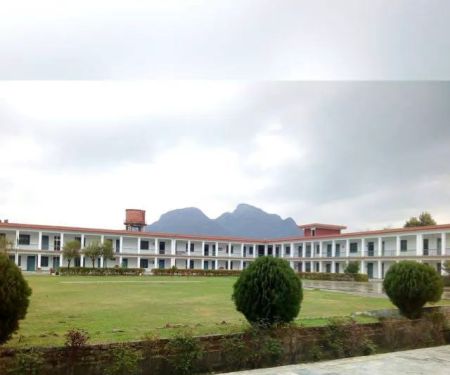 Govt Girls Degree College Daggar Buner
3.0 (19 reviews)
Govt Girls Degree College Daggar Buner
3.0 (19 reviews)
GC2R+WQ9, Torwarsak Rd, Shamsar, Pakistan
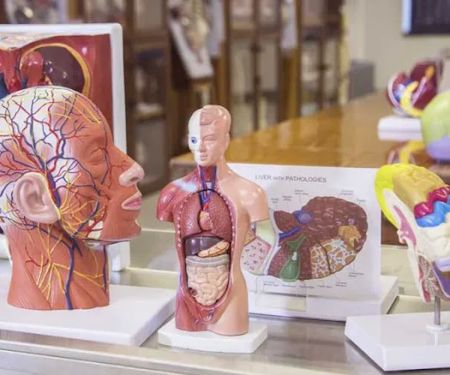 Premier College of Nursing and Allied Health Sciences
5.0 (2 reviews)
Premier College of Nursing and Allied Health Sciences
5.0 (2 reviews)
Buner Pirbaba, Batai - Qadir nagar Rd, Batai Kalay, Pakistan
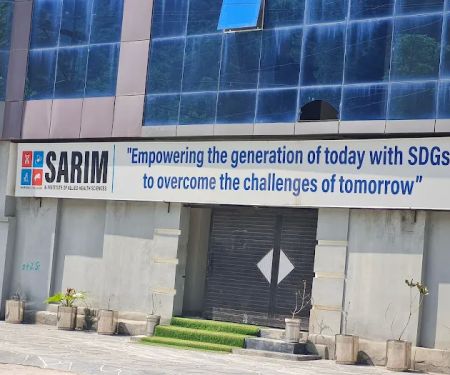 Sarim Nursing College & Institute of Allied Health Science
0.0 (0 reviews)
Sarim Nursing College & Institute of Allied Health Science
0.0 (0 reviews)
GF24+H7P, Torwarsak Rd, Pakistan
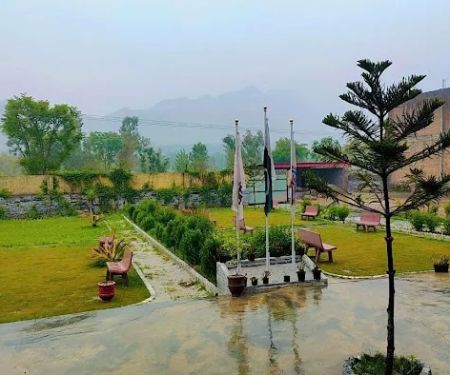 Buner college of nursing and health Sciences
4.0 (14 reviews)
Buner college of nursing and health Sciences
4.0 (14 reviews)
G952+6V6, Sowari - Mingora Rd, Torwarsak, Pakistan
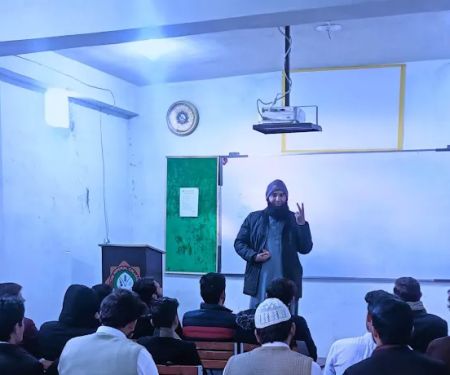 The Imperial College of Buner
0.0 (0 reviews)
The Imperial College of Buner
0.0 (0 reviews)
FFPC+P5F, Karapa Rd, Karapa Kalay, Pakistan
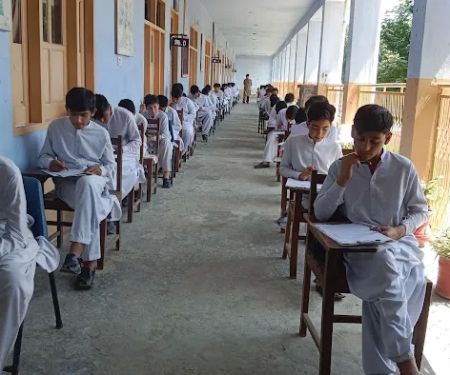 Iqra School and college Daggar Swari Buner
4.0 (2 reviews)
Iqra School and college Daggar Swari Buner
4.0 (2 reviews)
FCC2+6V2 Iqra school and college, Pakistan
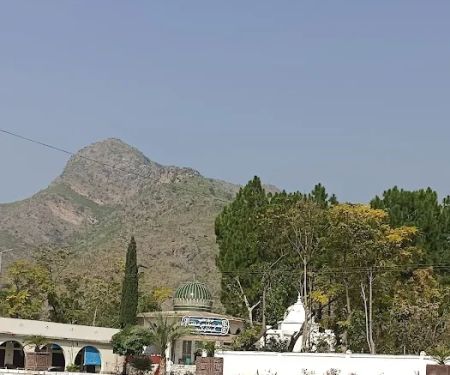 Shalbandi Baba ji darbar
4.0 (5 reviews)
Shalbandi Baba ji darbar
4.0 (5 reviews)
GG57+RXR, Shalbandi Kalay, Pakistan
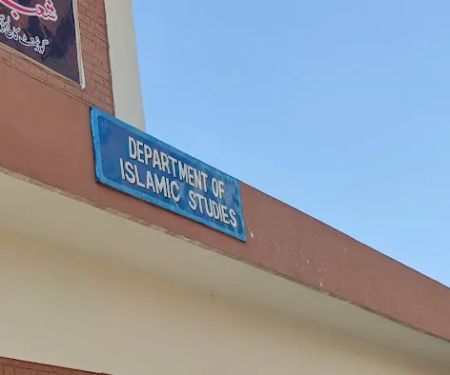 Deptt Of Pak.Study
0.0 (0 reviews)
Deptt Of Pak.Study
0.0 (0 reviews)
FFHP+X8Q, Swari, Pakistan
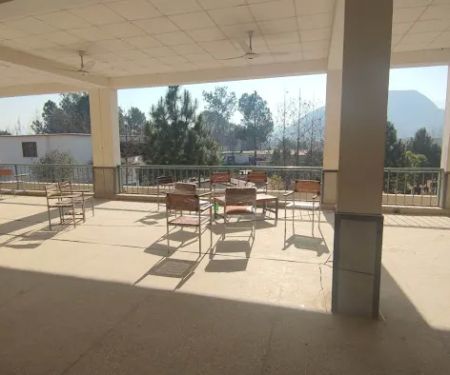 Deptt Of English
4.0 (1 reviews)
Deptt Of English
4.0 (1 reviews)
Govt Degree college, Swari, Pakistan
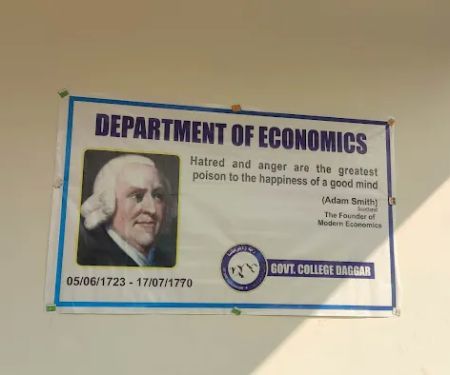 Deptt Of Economics
4.0 (1 reviews)
Deptt Of Economics
4.0 (1 reviews)
FFJP+2H4, Swari, Pakistan
Categories
Popular
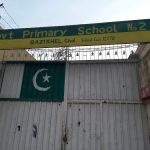 GPS QAZI KHEL NO20.0 (0 reviews)
GPS QAZI KHEL NO20.0 (0 reviews)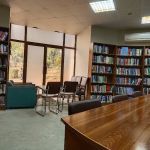 Department of Gender Studies5.0 (1 reviews)
Department of Gender Studies5.0 (1 reviews)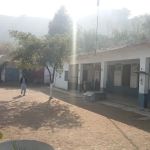 Govt primary school Labadam kalsar0.0 (0 reviews)
Govt primary school Labadam kalsar0.0 (0 reviews)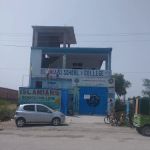 Islamians School & College KDA2.0 (3 reviews)
Islamians School & College KDA2.0 (3 reviews)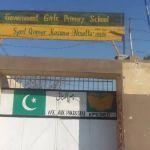 Government Girls Primary School Syed Qamar Koroona, Mohallah Qamar Abad0.0 (0 reviews)
Government Girls Primary School Syed Qamar Koroona, Mohallah Qamar Abad0.0 (0 reviews)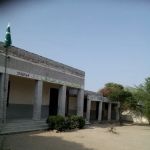 GPS Dhoke Narigha0.0 (0 reviews)
GPS Dhoke Narigha0.0 (0 reviews)Trending Blog Posts
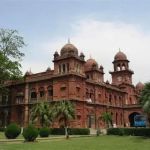 Most In-Demand Degrees in Pakistan 2025 – Top Fields for the Future
Most In-Demand Degrees in Pakistan 2025 – Top Fields for the Future Most In-Demand Degrees in Pakistan – What to Study in 2025 for a Future-Proof Career
Most In-Demand Degrees in Pakistan – What to Study in 2025 for a Future-Proof Career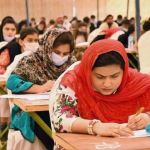 CSS 2025 Registration Deadline Announced by FPSC – Important Information for Aspirants
CSS 2025 Registration Deadline Announced by FPSC – Important Information for Aspirants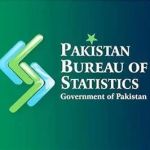 Pakistan Education Census 2025 to Be Conducted in August: What to Expect
Pakistan Education Census 2025 to Be Conducted in August: What to Expect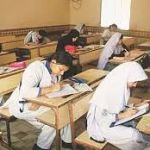 KP Inter Board Results to Be Announced District-Wise: What Students Need to Know
KP Inter Board Results to Be Announced District-Wise: What Students Need to Know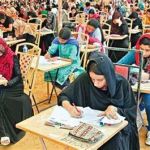 CSS 2025 Registration Deadline Announced by FPSC: Key Details and Preparation Tips
CSS 2025 Registration Deadline Announced by FPSC: Key Details and Preparation Tips 